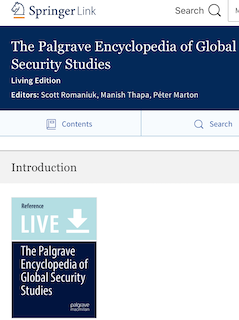"BUBONIC PLAGUE": Pandemic Through History

-
The plague, otherwise notorious as the Black Death or the Pestilence, often regarded as a curse from God, has its place in every religious scripture. For Christians, it was divine punishment, for Muslims, a symbol of self-sacrifice (martyrdom). In the Hindu scripture (Bhagwat Purana), the plague was known as Mahamari, the “great death” which was caused by rats or rodents (Park 2000). Originated from a Greek word, plaga, meaning a blow or sudden strike, the Plague has a detailed description, including its clinical manifestations, in Thucydides’ The History of the Peloponnesian War (Crawley 2013; Rao 1994). It was recorded in the wake of the political struggle between Athens and Sparta. Plague broke out in its most lethal form, causing many deaths in Athens. It also caused total disruption of community ties and massive demoralization in society. Its impact on military and economic strength resulted in undermining civil and religious institutions at that time (Smith 1997).
- For Complete Paper. See, Roul A. (2020) Bubonic Plague. In: Romaniuk S., Thapa M., Marton P. (eds) The Palgrave Encyclopedia of Global Security Studies. Palgrave Macmillan, Cham
- Living reference work entry
-
First Online: 05 June 2020
-